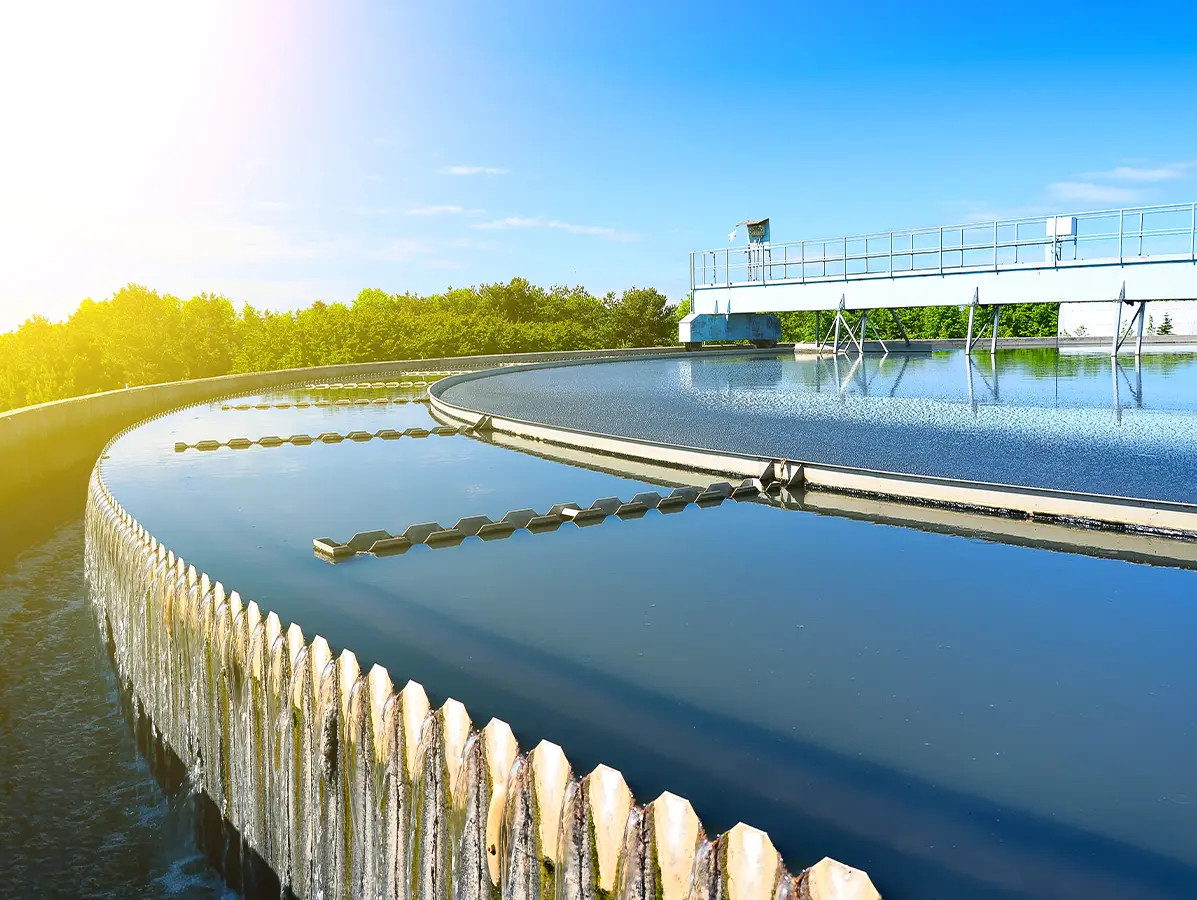
Water is an essential resource for the industry but is becoming scarcer than ever. With mounting pressure on water supplies, it is clear that companies in the food industry must be prepared for new challenges in water management. Water availability and quality are increasingly under stress from drought, salinization, and pollution. Without adjustments, food producers could face serious constraints, especially as access to water is restricted for industrial use during shortages. Fortunately, innovative solutions are emerging, such as circular water use and advanced purification technologies, which help to mitigate the impact and enable sustainable water management.
Since 2000, the EU Water Framework Directive has set strict water quality standards, creating new obligations for companies in the food industry. Disposing of polluted wastewater is becoming more complex due to higher requirements and limited access to new permits. Meanwhile, water costs continue to rise; prices for industrial water use increased by 14% in 2023 alone and are set to keep climbing due to necessary investments by water providers. Businesses relying heavily on water for production, cooling, and cleaning are feeling this cost increase directly in their margins.
The solution lies in innovations that make water conservation and circular use achievable. Water-saving methods, like optimized cleaning processes or alternative sources such as harvested rainwater, can yield significant savings. Companies can also invest in decentralized treatment systems to reuse wastewater, using technologies like reverse osmosis. Circular water use projects, such as Susphos and Fulvic, even recover valuable materials and minerals. For the food industry, transitioning to more sustainable water use is not only essential but can also be financially beneficial, as the uncertainty around availability and costs grows.
Source: Rabobank